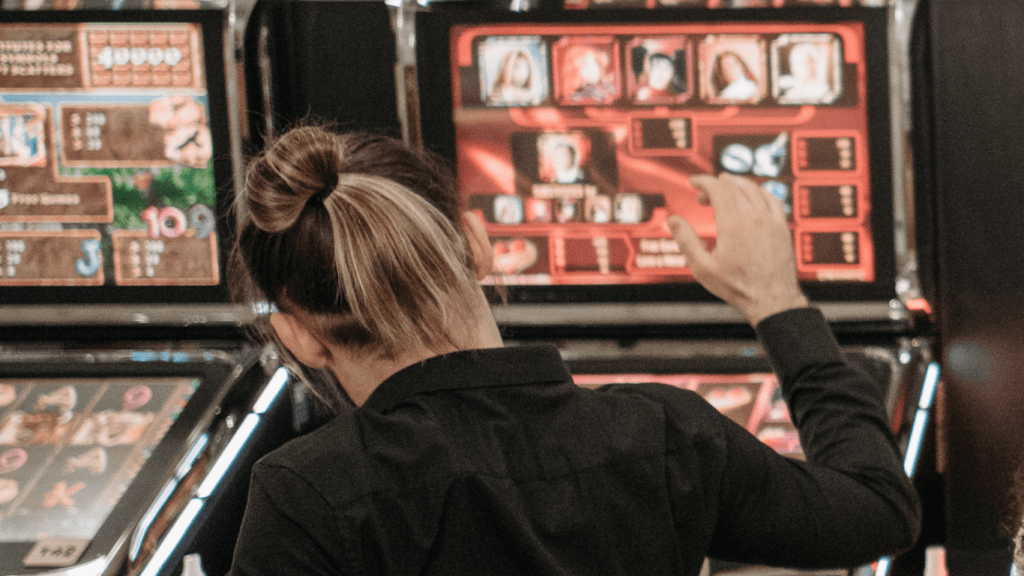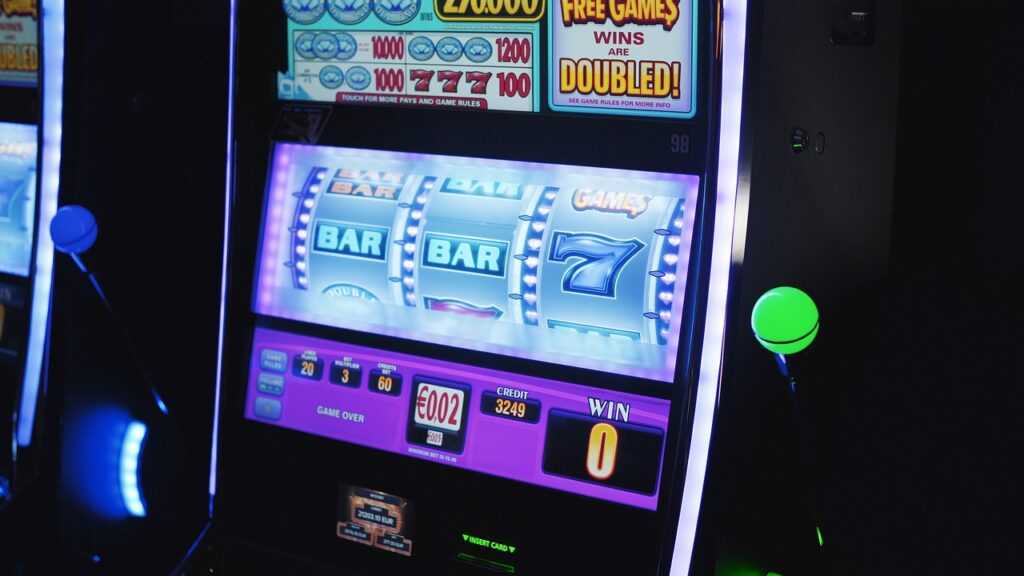Understanding Slot Machines
Slot machines operate based on Random Number Generators (RNGs) ensuring each spin’s outcome is entirely independent. RNGs constantly generate random sequences even when the machine is idle. When the lever is pulled or the spin button is pushed, the current sequence determines the spin’s result. Despite beliefs to the contrary, the method of triggering the spin doesn’t influence the outcome.
Early slot machines featured levers because they were simple mechanical devices. Today, electronic versions dominate, incorporating the traditional lever as a nostalgic element. Modern machines are programmed for fairness and regulated to meet stringent standards, making the choice between lever and button irrelevant in terms of winning odds. Understanding this technology helps debunk myths tied to user-input methods and reinforces that luck, rather than manipulation, governs slot machine results.
Myth 1: Lever Increases Winning Chances
Many players believe that using the lever on a slot machine boosts their chances of winning. This misconception persists, despite technological advancements in gaming.
Historical Context of Slot Machines
Slot machines originally featured a lever mechanism. Early machines relied on mechanical reels activated by the pull of a lever. This hands-on method fostered the idea that a player’s actions could influence outcomes. As technology evolved, electronic components replaced mechanical parts, yet the lever remained as a familiar feature. Despite modern machines using Random Number Generators (RNGs), the nostalgic appeal of the lever continues, creating an illusion of control.
Debunking the Myth
Slot machines function based on RNGs, not user inputs. The belief that levers affect winning chances ignores the RNG’s role, which ensures every spin is independently random. Whether using the lever or spin button, results remain unbiased. Casino regulators enforce these fairness standards. Thus, player preference for a lever or button does not impact success. Myths arise from the lever’s historical presence but don’t reflect current gaming mechanics.
Myth 2: Button Spins Are Less Random

Many believe that spins triggered by a button might lack the randomness of those initiated by a lever. However, slot machines operate with a level of precision that ensures fairness across all types of interactions.
The Technology Behind Slot Machines
- All modern slot machines rely on sophisticated technology, specifically Random Number Generators (RNGs).
- RNGs play a crucial role in ensuring each spin’s outcome remains independent of prior events or the method by which the spin was initiated.
- They produce numbers at a rapid pace, even when the machine isn’t in play, making it impossible to predict outcomes.
- Whether a button or lever is used, this technology guarantees the same level of randomness, ensuring unbiased results every time.
Analyzing Randomness in Spins
- Randomness in slot machine spins comes from RNGs, eliminating any control players might believe they have.
- Each spin represents a separate event, unaffected by previous spins or the mechanism used to trigger it.
- Extensive testing and regulation surround these machines to meet industry standards and ensure their randomness and fairness.
- By understanding these mechanisms, it’s clear that the method of activating a spin, whether by lever or button, doesn’t alter the randomness experienced by the player.
Myth 3: Levers Provide a Better Experience
Nostalgia and personal preference often lead people to believe that using the lever enhances the slot machine experience. Yet, the subjective nature of enjoyment makes it impossible to rank one method definitively above the other.
Psychological Impact of Slot Mechanics
Engagement varies based on user perception. Some players relish the tactile feedback and physical movement associated with pulling a lever, which links back to nostalgia and familiarity. This creates a feeling of control and enhances the sensory experience for them. Conversely, others prefer the ease and immediacy of pressing a button, finding it more straightforward and less physically demanding. This preference often depends on the individual’s desired level of interaction with the machine.
Comparing User Experiences
Experience depends largely on personal inclination. Levers might provide a sense of tradition and ritual, prompting a more immersive encounter for those who appreciate hands-on interaction. In contrast, the spin button caters to players who seek efficiency, reflecting the convenience of modern technology. Both methods deliver the same objective result—initiating the RNG to determine outcomes—ensuring fairness and equitability across all gaming experiences.








